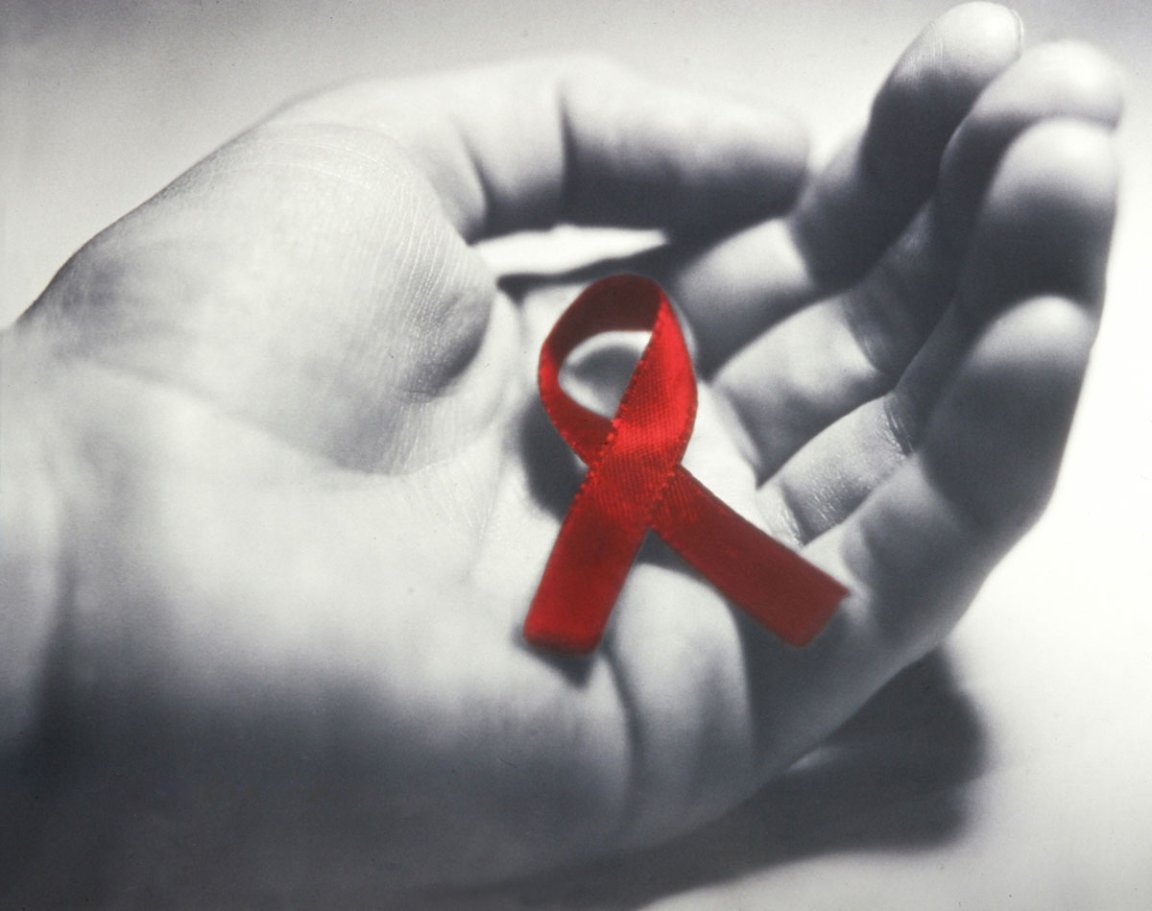
The Battleground
Over the course of the 20th century, tens of millions of people have died because of HIV. In 2016, the World Health Organization (WHO) reported that, since the epidemic started in the early 1980s, more than 70 million people have been diagnosed with HIV. More than 35 million people have died of HIV. And today, there are more than 36 million people living with HIV or AIDS.
Keep in mind, these are just the numbers that we know about. The actual numbers could be far, far higher.
When the outbreak began, the disease was a death sentence. The chances of survival, all but zero. In previous decades, after being diagnosed with HIV, most individuals developed AIDS within 8 to 10 years. Once an individual was diagnosed with AIDS, they had a life expectancy of just two years.
In a harrowing report, the WHO summed the nature of this global killer:
Untreated disease caused by the human immunodeficiency virus (HIV) has a case fatality rate that approaches 100%. Not since the bubonic plague of the 14th century has a single pathogen wreaked such havoc. AIDS has torn apart families and caused untold suffering in the most heavily burdened regions. In hard-hit areas, including some of the poorest parts of the world, HIV has reversed gains in life expectancy registered in the last three decades of the 20th century. HIV/AIDS is a major global health emergency.
Fortunately, recent advances in medicine have allowed us to fight back. In fact, because of these advances, the disease is no longer considered a terminal illness. It is no longer a death sentence. As we previously reported, scientists now list HIV as “chronic, manageable illness.” Although there is no cure, and you will have to take medicine to manage the disease the rest of your life, we can manage it. And in the end, individuals who have HIV ultimately have the exact same life expectancy as those without the virus…at least, they do if they are fortunate enough to have access to basic healthcare.
Globally, 400 million people do not have access to essential health services.
At the Social Good Summit today (Sept. 17, 2017), an event organized by the United Nations Foundation and Mashable, Whoopi Goldberg, the Goodwill Ambassador to UNICEF, outlined the ways that we are—to be blunt—failing.
Recognizing a Truth
Goldberg began her discussion with Quinn Tivey, who is the Trustee for The Elizabeth Taylor AIDS Foundation, by noting a harsh truth: “We are under the impression that we beat AIDS. We think that it is done. It is not.” She continued her criticism by asserting that, while there are many people globally who are living normal lives with HIV, there are many more who are dying. “Yes, there are people living on medication, but we have not eradicated the disease.”
The truth of Goldberg’s assertions cannot be denied. Unfortunately, HIV education and treatment is not universal, and access to both effective prevention and medication dramatically impacts an individuals fate. These things are, quite literally, the difference between life and death.
In impoverished areas
in poor communities in wealthy societies—HIV remains a death sentence.
Although people living with HIV who have access to the latest medical advances can lead relatively normal lives, in impoverished countries and in poor communities in wealthy societies, HIV remains a death sentence. As Tivey noted in his conversation with Goldberg, “Poverty, inequality and HIV and AIDS are inextricably linked issues, particularly in the United States.”
Ultimately, facts like this are precisely why the Social Good Summit exists. Organized during the annual United Nations General Assembly week, the Summit aims to bring together entrepreneurs and innovators, scientists and thought leaders, politicians and citizens discuss how we can unlock the potential of science and technology and harness them to make the world a better, more equal, place.
The key, the first step, according to Goldberg, is to recognize that this is not an issue faced by one nation or people. This is an issue that we all must contend with, “It does not matter how wealthy you are. The disease doesn’t care…and that is the great equalizer.” She continued by noting that assisting others does not just help them, it greatly contributes to our own well-being by encouraging new collaborations and innovations. In this respect, Goldberg noted that “If you have, then you have to share.”
It is simple. It is small. But according to many experts and political leaders, developing a global consciousness is the first step to building the future that we all want.